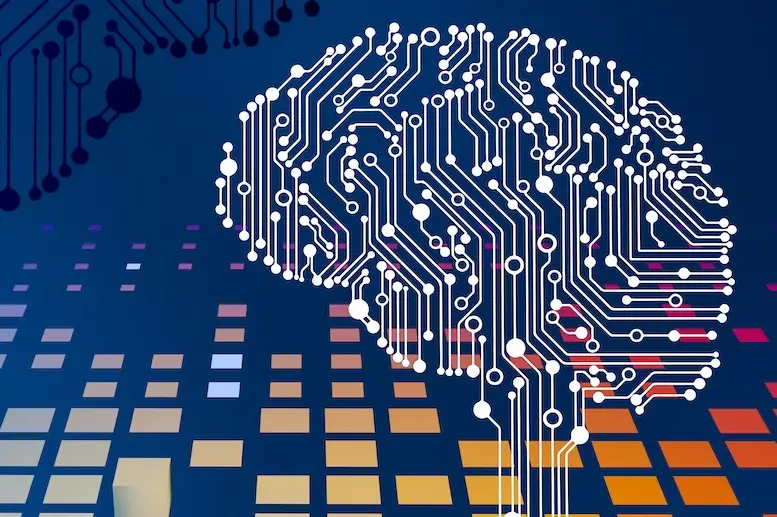Following the blockbuster debut of OpenAI’s ChatGPT in the technology arena, the field of generative artificial intelligence has exploded of late. However according to a new GE Healthcare (GEHC) survey, the healthcare sector is one area which remains extremely skeptical of the technology.
According to the survey, 55% of medical professionals feel that artificial intelligence is not yet mature enough to be used in the medical sector. Of those surveyed, only 42% in the world, and only 26% in the United States believe the technology can be trusted. The survey polled 7,500 doctors, physician assistants, and public health medics, as well as patients and patient advocates in eight different countries.
The chief technology officer of GE Healthcare, Dr. Taha Kass-Hout, who has advocated for the use of AI and other technologies in healthcare, said that he understood why clinicians would be apprehensive about the technology, an apprehension which has also been expressed in a recent article in the medical journal BMJ, which said, “The risks associated with medicine and healthcare include the potential for AI errors to cause patient harm (and) issues with data privacy and security.”
According to Kass-Hout, the system should make sure it is designed to address the needs of clinicians, who have long dealt with technology which is not designed to be intuitive or easy to use. He pointed to electronic health records, also known as electronic medical records (EMRs), as a prime example.
He said, “Right now, you have techies designing the systems. EMR is the system of record for the data, and aggregating all that information. But every clinician has to go there and, I mean, the experience sucks. Getting data out (is) really, really hard.”
He pointed out there are a number of areas already where AI is being used with great success, including in medical imaging and the analysis of health data.
He pointed out that radiologists who currently perform several hours dissecting layers and angles on radiographs to help target the exact location of cancers, could see their search times cut down to 15-20 minutes with the use of AI.
He said, “You can imagine now, that time will go back to the radiologists. So we’re really….working on heavy lifts and problems that we are solving in this clinical workflow.”
However Kass-Hout notes that a huge looming barrier will be the trust in the technology, both for the clinicians and their patients. Just on the question of whether patients feel their health data is currently being kept safe, 39% of patients expressed worry it was not, according to the survey by GE.
Kass-Hout added, “Training is very important. It’s not just about giving them a manual to read.”
Currently one problem in the industry is a lack of regulation. Currently the FDA is grappling with the issue of what regulations are needed for the use of AI in medicine. Experts say new rules could go a long way to make practitioners feel the technology is ready to deploy in the field.
Kass-Hout says he remains optimistic, noting, “When Fahrenheit invented the thermometer it took 100 years for it to be adopted and trusted. Hopefully it won’t take 100 years for AI.”

